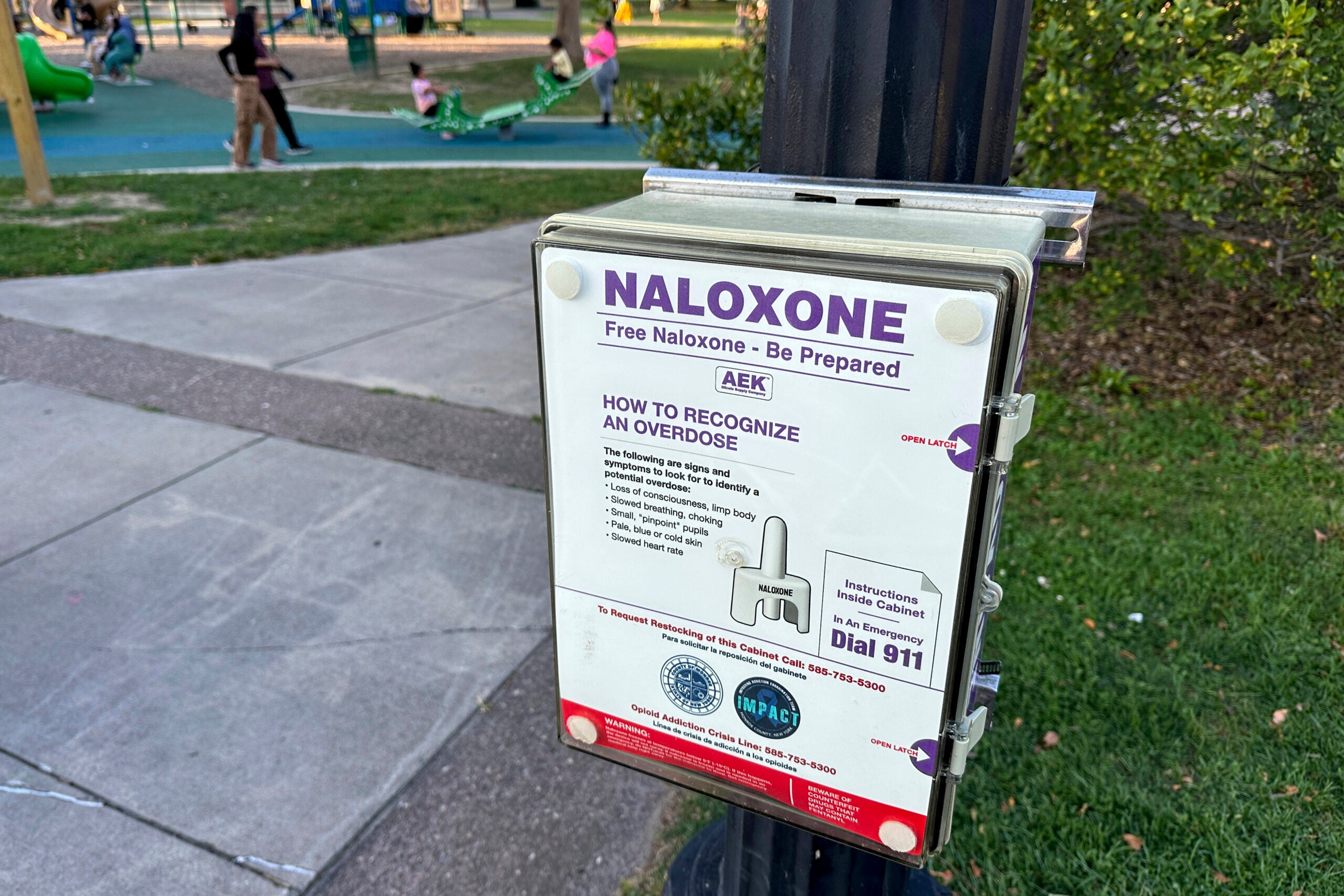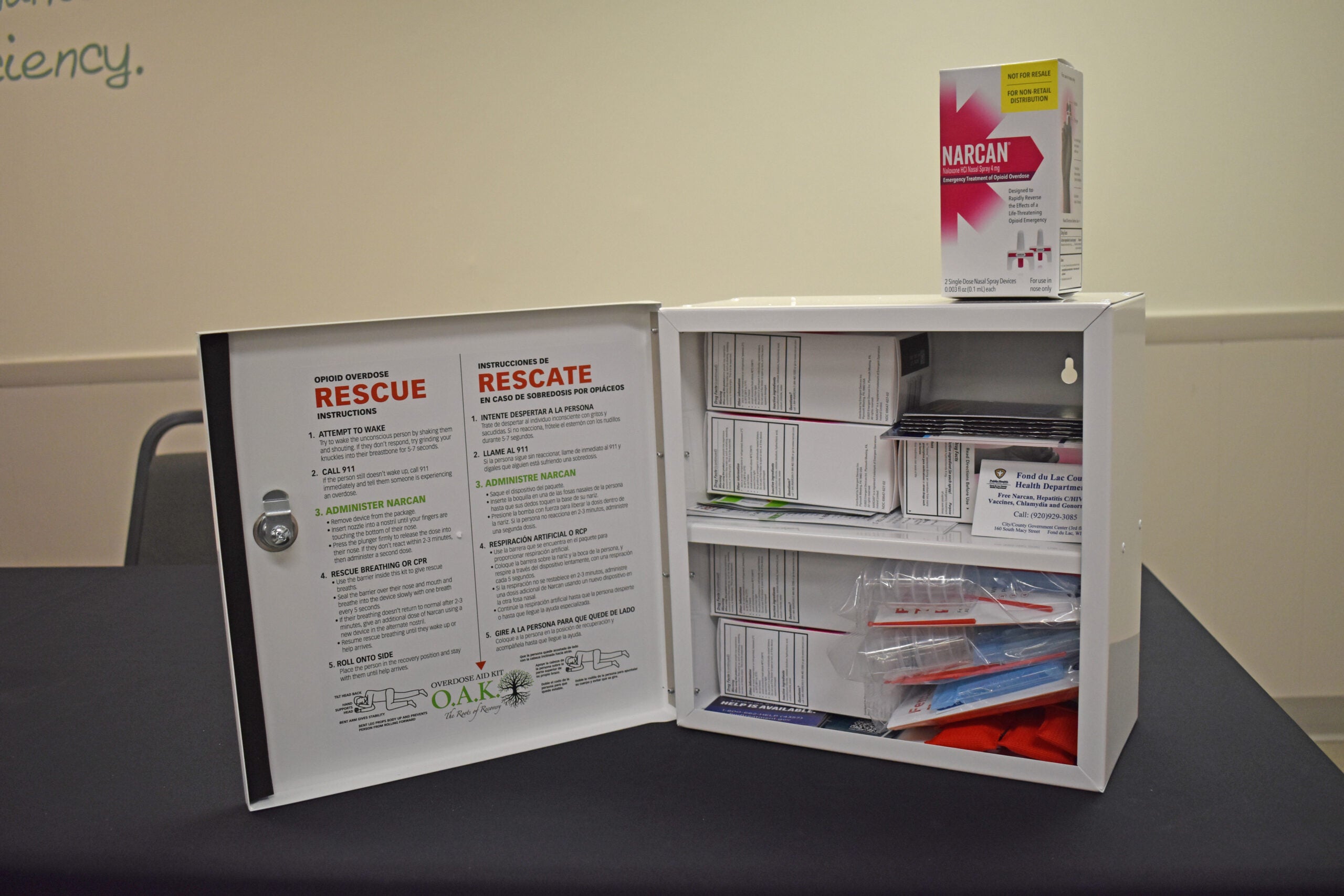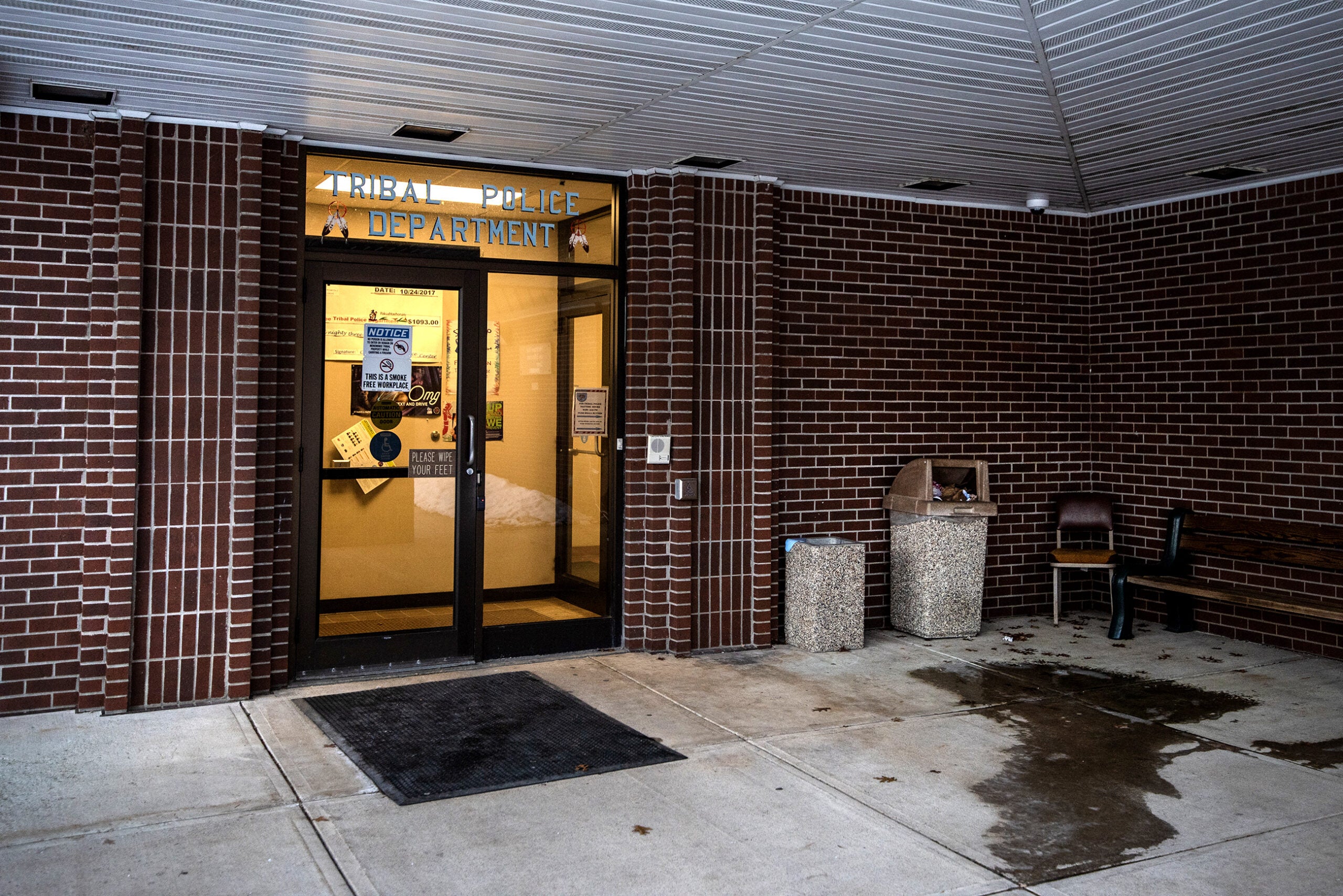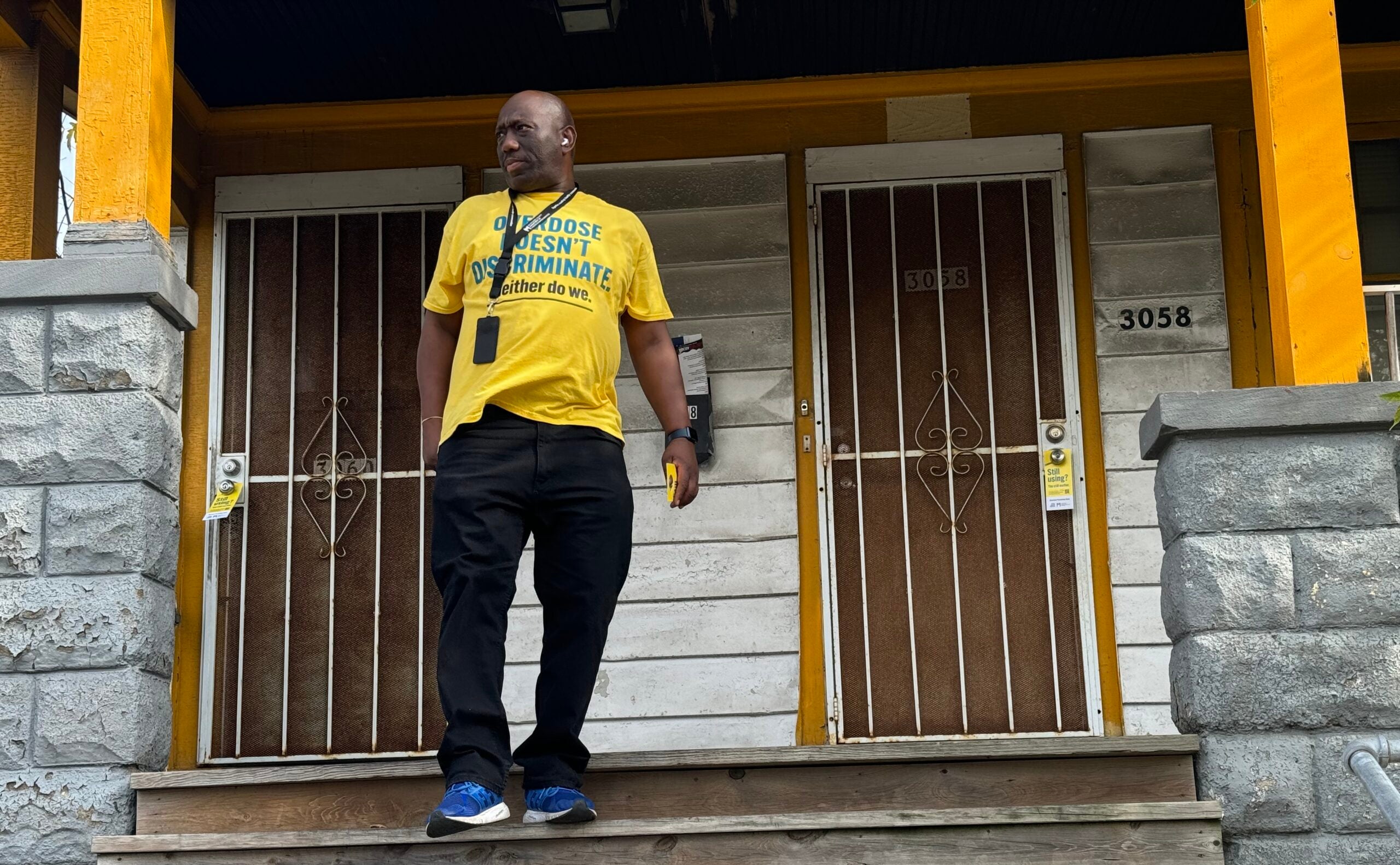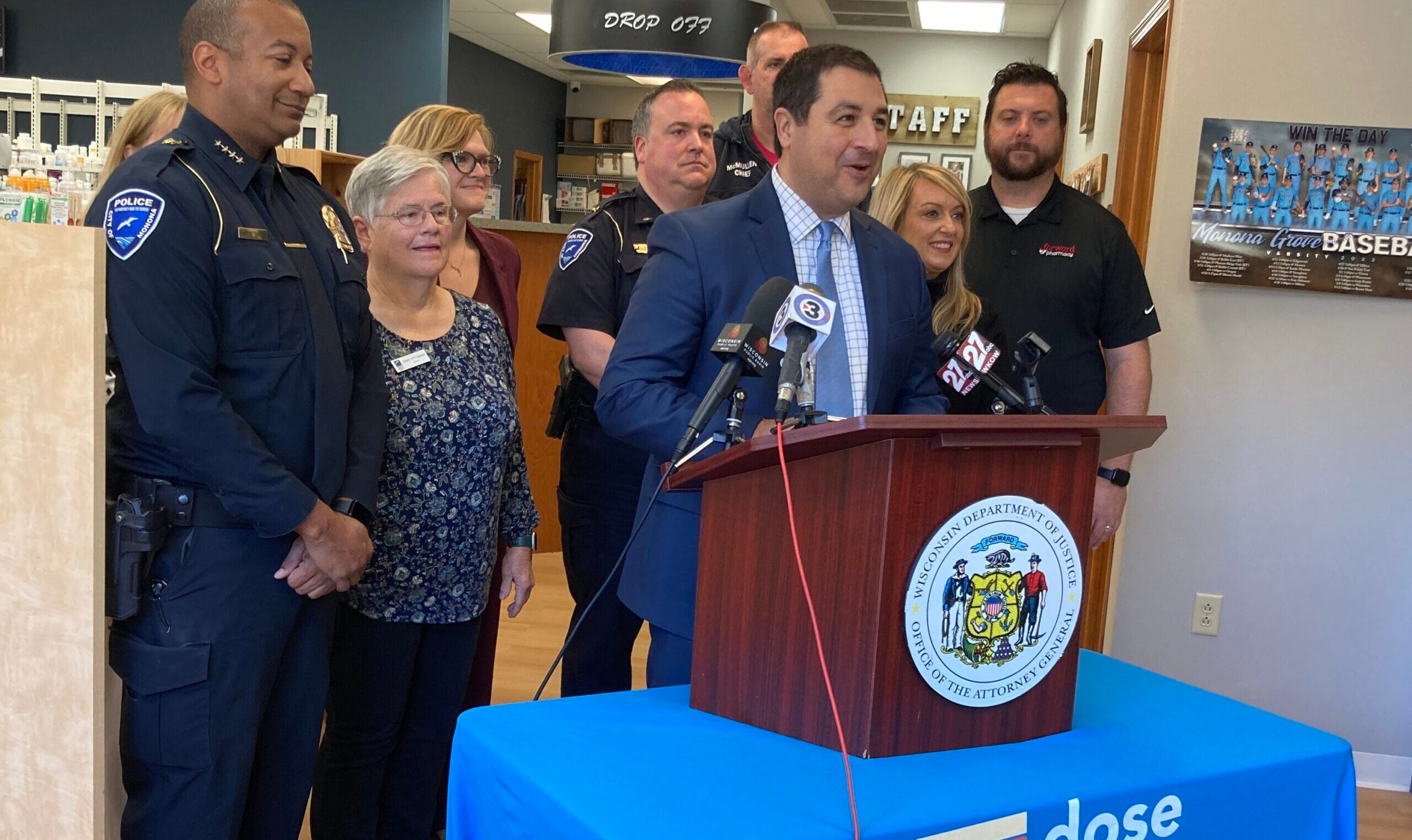Those who deal first hand with the opioid epidemic in Dane County met Friday at SSM St. Mary’s Hospital in Madison.
Health care professionals, police, social service agencies, local government officials and family members of those who abuse drugs highlighted efforts underway to help curb the problem.
One of those efforts is a pilot program to encourage opioid overdose patients to enter recovery.
Stay informed on the latest news
Sign up for WPR’s email newsletter.
In November of last year, St. Mary’s started a treatment program for drug addicts brought into its emergency departments in Madison and Sun Prairie.
Seven months later, 87 percent of the eligible addicts are getting treatment, said Melissa Fisher, with St. Mary’s Emergency Services. The pilot program currently has 25 patients in recovery, but the hospital hopes to triple the number of addicts they can help.
“We still have some room to meet our 75 patient goal but we are well on our way to meeting that goal this year,” Fisher said.
Of the 25 patients who got treatment, a quarter overdosed again and 12 percent were taken to detox.
She said they hope to expand the recovery program to SSM health centers in Baraboo and Janesville.
The drug epidemic isn’t just seen in the emergency room. Police officers and firefighters administer the antidote drug naloxone on a daily basis, said Madison Mayor Paul Soglin.
The Director of Dane County Human Services, Lynn Green said drugs are often a contributing factor to elder abuse, child neglect and domestic violence.
She said some addicts are “self-medicating” and blamed much of the epidemic on poverty.
“And so unless we deal with some of these underlying issues that are one cause of drug use I believe we will have a hard time conquering this,” Green said.
During the Safe Communities meeting, Soglin praised all the local partners who got together in 2012 to tackle the overdose problem.
“Five years ago before hardly anyone was paying attention this community and your leadership lead to national recognition,” Soglin said. “But tragically, we’ve got just an enormous job ahead of us in terms of dealing with (drug-related) issues.”

Mary Boesel Rauwolf of DeForest is a member of the Parent Addiction Network, saying she joined to change the stigma against addicts and give family members a voice. Her son died at age 22 of a heroin overdose. She spoke at a meeting of community partners Friday to address Dane County’s opioid epidemic. Shamane Mills/WPR
One woman who has tried to humanize the epidemic is Mary Boesel Rauwolf of DeForest. She’s a member of the Parent Addiction Network, a group that supports families as they juggle their own responsibilities while helping their child who are struggling with addiction.
“Families are expected to navigate work, insurance issues or lack of insurance, treatment, school issues, police encounters, court, jail, (Alcohol and Other Drug Abuse), probation and parole and somehow take care of themselves and other family members,” she said.
She knows this all too well. Her 22-year-old son, Conrad, died in 2015 from a heroin overdose.
“It shattered our lives. And the tragedy is is that my story is not unique,” she said. “There are so many families being shattered not only by this disease but by the loss of a loved one.”
She said Conrad’s death prompted her to seek a way to destigmatize addiction and help families cope.
“How do we help family members of addicts? How do we step into their lives and walk beside them?” she said. “Don’t give them parenting advice but how do we walk beside them?”
Wisconsin Public Radio, © Copyright 2025, Board of Regents of the University of Wisconsin System and Wisconsin Educational Communications Board.

